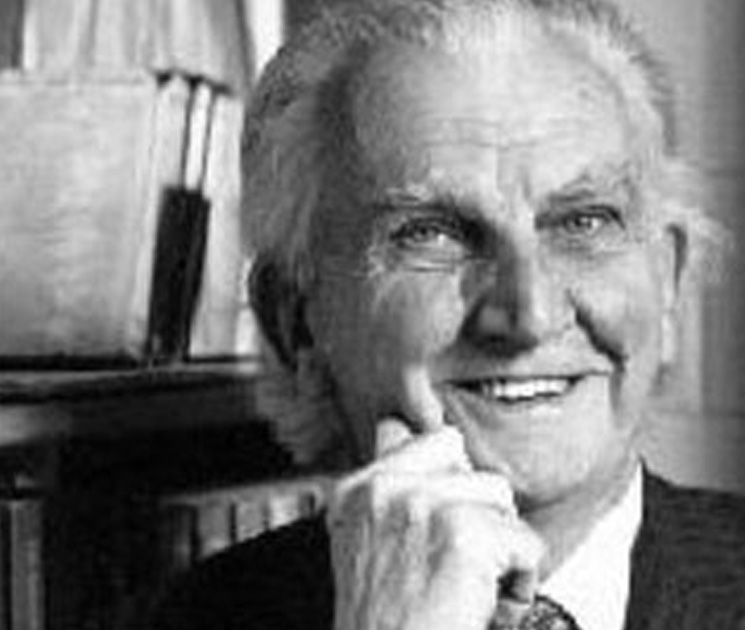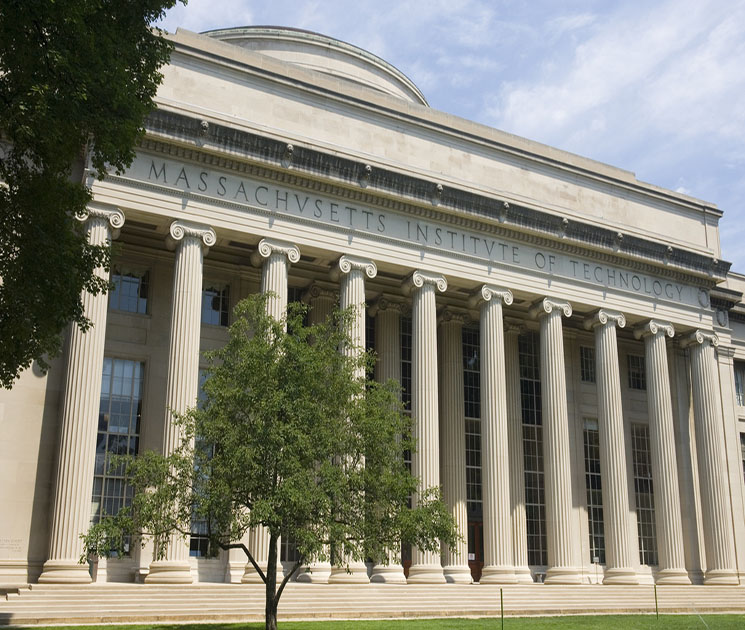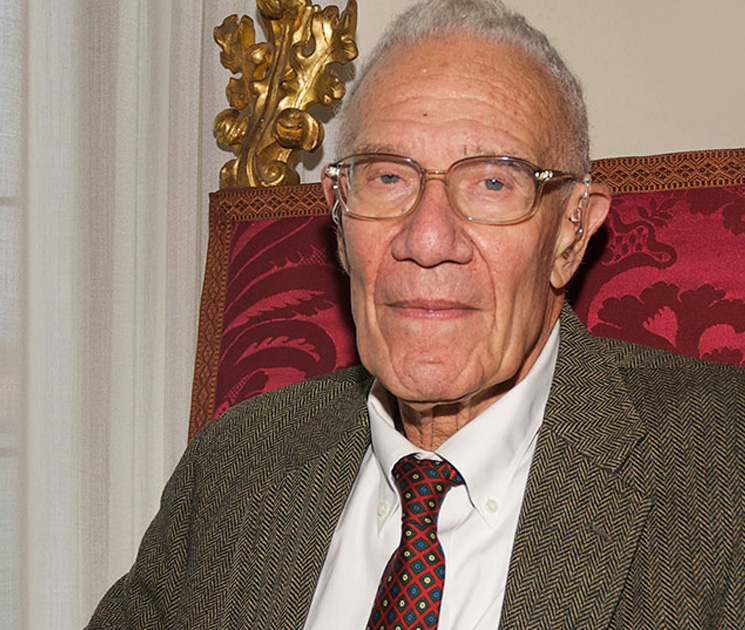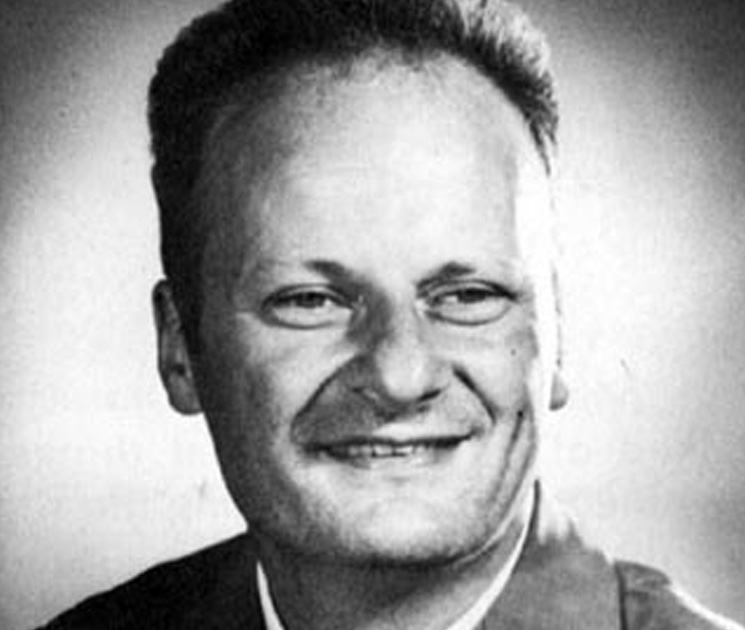Ephraim Katzir (1916–2009) was born in Kiev, Ukraine and served as the fourth President of Israel from 1973 to 1978. In 1925, his family immigrated to Palestine and he attended the Hebrew University of Jerusalem, where he eventually completed a PhD in biophysics. He was an assistant in the Hebrew University’s department for theoretical and macromolecular chemistry from 1941 to 1945. In 1949, he was appointed acting head and then head of the department of biophysics at the Weizmann Institute of Science in Rehovot. In 1951, he spent a sabbatical year at Harvard Medical School. From 1966 to 1968 Katzir was chief scientist of the Israel Defense Ministry.
Katzir prepared the first synthetic polypeptide, poly-L-lysine, and showed that it is digested by trypsin. This work won international recognition and became the starting point for the synthesis of numerous polyamino acids. He demonstrated that synthetic polyamino acids can serve as excellent models for the investigation of the physicochemical and biological properties of natural proteins. Katzir also developed a synthetic fiber used for stitching internal wounds in surgery, which is dissolved by the body’s enzymes. These seminal contributions have given Ephraim Katzir a unique and distinguished position in the field of protein science.
Between 1966 and 1969, at the invitation of Prime Minister Levi Eshkol, he headed a committee charged with advising the government on scientific research. The committee submitted detailed recommendations, including the appointment of chief scientists charged with promoting applied research in governmental institutions. This led to greater cooperation among the government, academia, industry, and agriculture. One of its conspicuous consequences was the establishment of science-based industries.
President Ephraim Katzir participated actively in promoting education and social issues. He filled an important role in developing and implementing a program to establish Jewish studies at academic centers worldwide, helped institutions of higher education in Israel, and focused on problems in the educational system. In November 1977, toward the end of his term, he had the unique honor of hosting President Anwar Sadat of Egypt in the first ever official visit of an Arab head of state.
At the conclusion of his term as president, Katzir returned to an active scientific life and helped establish the Department of Biophysics in the University of Tel Aviv. He was responsible in large part for setting up Israel’s biotechnology-based industries, as well. During his time at the Weizmann Institute in Rehovot, he held the Theodore R. Racoosin Chair of Biophysics in the Department of Membrane Research and Biophysics, where he pursued research in phage display techniques and protein-protein interactions.
- More at the Office of the President of Israel
- Obituary in the New York Times










